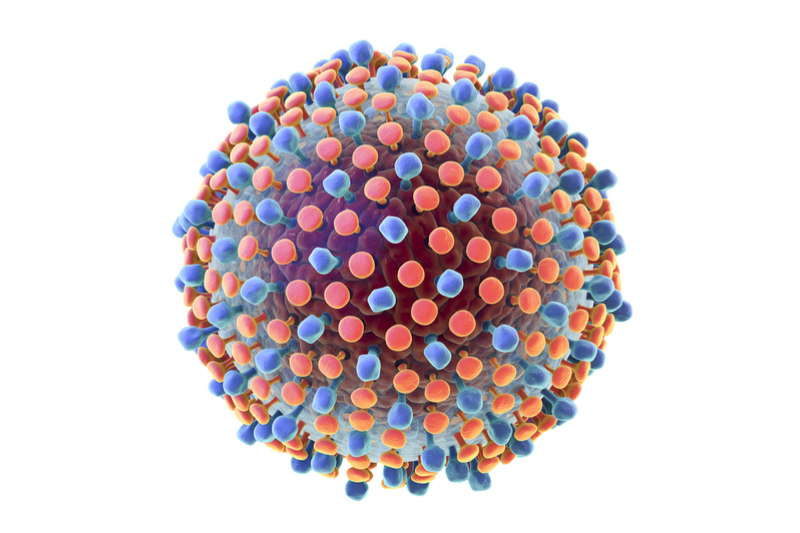The National Institute of Allergy and Infectious Disease (NIAID) has awarded a $6.9 million grant to researchers at the Institute for Bioscience and Biotechnology Research (IBBR) to design a vaccine to combat the virus that causes hepatitis C.
Hepatitis C is an illness that affects an estimated 71 million people worldwide. Hepatitis C Virus (HCV) puts people at heightened risk for severe liver disease, including fibrosis, cirrhosis, and hepatocellular carcinoma (liver cancer). Although treatments are available, an HCV vaccine currently does not exist to help prevent infections and reduce the global burden of the disease.
This five-year award will support a multi-disciplinary research team based at IBBR, a joint research enterprise between the University of Maryland, College Park (UMCP), the University of Maryland, Baltimore (UMB), and the National Institute of Standards and Technology (NIST) dedicated to transformative discoveries in the field of bioscience and biotechnology.
The researchers aim to design a vaccine to induce broadly neutralizing antibodies and long-term memory T cell responses that will help prevent HCV infection. This recent award is a follow-on to a $6 million grant awarded to the IBBR research team in 2017 based on their significant progress in the field.
HCV vaccine goal
“The vaccine development team that was assembled at IBBR to take on this challenge has done a fantastic job over the past six years in moving this groundbreaking research program forward,” said Thomas Fuerst, program director, IBBR Fellow and Professor of Cell Biology and Molecular Genetics at UMCP.
“This new grant allows us to keep building upon that success and to hopefully realize our ultimate goal of making a vaccine against HCV available to the public.”
“IBBR’s mission is to harness the latest developments in science and engineering to provide solutions to complex medical and public health needs around the world,” said Jennifer King Rice, senior vice president and provost at UMCP.
“This project is a wonderful example of the exciting and transformative research that is possible when we combine the world-leading expertise of faculty from both the College Park and Baltimore campuses.”





